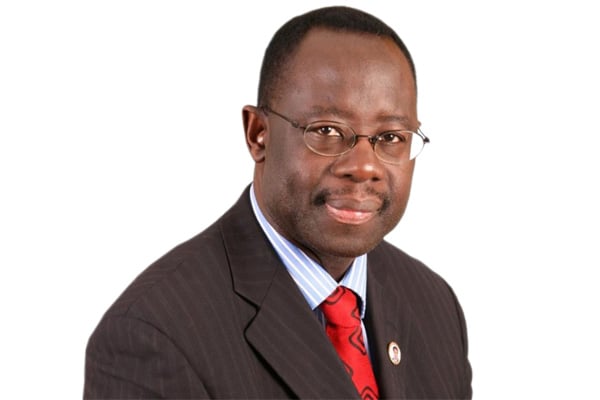Mak fire: Bits of posterity burnt

Author: Joseph Ochieno.
What you need to know:
- Check it out; did you see the head of the police fire department, flanked by the Inspector General of Police, minister for Education, the chancellor and their deputies hold a joint press conference to console and reassure the nation in the unlikely-busy-absence of the chancellor of 1986 and their overall commander?
Except for notorious tyrant Idi Amin (title now in contest and subject to review), Makerere University is simply the most prestigious name out of Uganda.
From independence, the founding parents were determined to build on the structures already laid and, some of them with (Busoga College) Mwiri influence, borrowed a smashing national motto: “Kulwa Katonda n’Eggwanga Lyaffe” (For God and Our Country), simply changing from ‘our’ to For God and My Country, to emphasise national personality.
True to form and deed, they built, expanded, established, reviewed and built systems, communities, foundations, schools, hospitals, public housing, roads, air transport, railways, ports, ferries, capacity and yes, built institutions. Amin inherited the best civil service in independent Africa – reason the country remained relatively strong for well over five years – before the structural collapse.
A retired senior police detective once told me that Uganda police used to be among the best at crime detection in Africa – claiming they were trained to CIA/ FBI standards. In confidence, the officer was lamenting the militarisation of the Force by NRA/M – in his words, the deliberate personalisation and incapacitation of the organisation.
The result is that we now have a country in which success seems to happen by accident. Most scary is that tragedies and major accidents – some unexplained – seem to happen almost routinely, with a business as usual national response.
How else would one explain that in February 2009 fire swept through the famous Owino Market in downtown Kampala destroying everything in exchange for smoke and ashes while fire fighters allegedly arrived two hours too late? A year earlier, there had been the Budo inferno that sent shock waves across the country.
In March 2010, fire engulfed and destroyed the historic national treasure – Kasubi tombs – it tired itself down. 2011 saw a major fire at Masese, in Uganda’s former industrial capital Jinja; fire operatives arrived hours later than eyewitnesses. The following year, fire returned to Bulange and left two people dead. Ten students died in 2018 following a fire in their dormitory at a secondary school in Rakai. These are mere snapshots, yet business continued as usual.
Then, as if a bang on my eyes’ sight, I read that Makerere University is on fire but holding back, the picture of the blaze followed with a palpating tingle inside me; an illness. It was short but total, I refused to watch until after a few hours when on social media, people were making fun – comparing the failed fire fighting tracks to those police black mambas and water canon trucks that terrorise citizens every time this regime feels minimally challenged on the streets.
But while most people are focused on police equipment, skills and training of personnel, I ask: where are the regulators; buildings generally, fires, institutions and major structures? Who is responsible for licensing these institutions? Is there a national regulator, some kind of health and safety executive? If not, why would all these incidents and events before Makerere not have prompted someone bossy at State House to think or, the rather-well-looked-after legislators to deal? In all these though, it was shocking that a second fire occurred while our Ivory Tower had been almost immediately disserted as if tomb-for-some bad guy; yet it should have been an active crime scene pending major investigations.
Check it out; did you see the head of the police fire department, flanked by the Inspector General of Police, minister for Education, the chancellor and their deputies hold a joint press conference to console and reassure the nation in the unlikely-busy-absence of the chancellor of 1986 and their overall commander?
A tragic, national culture has just burnt bits of you, bits of me, God’s bits; burnt off posterity (We build for the future). It is criminal.
The writer is former columnist with New African Magazine and former UPC spokesperson




